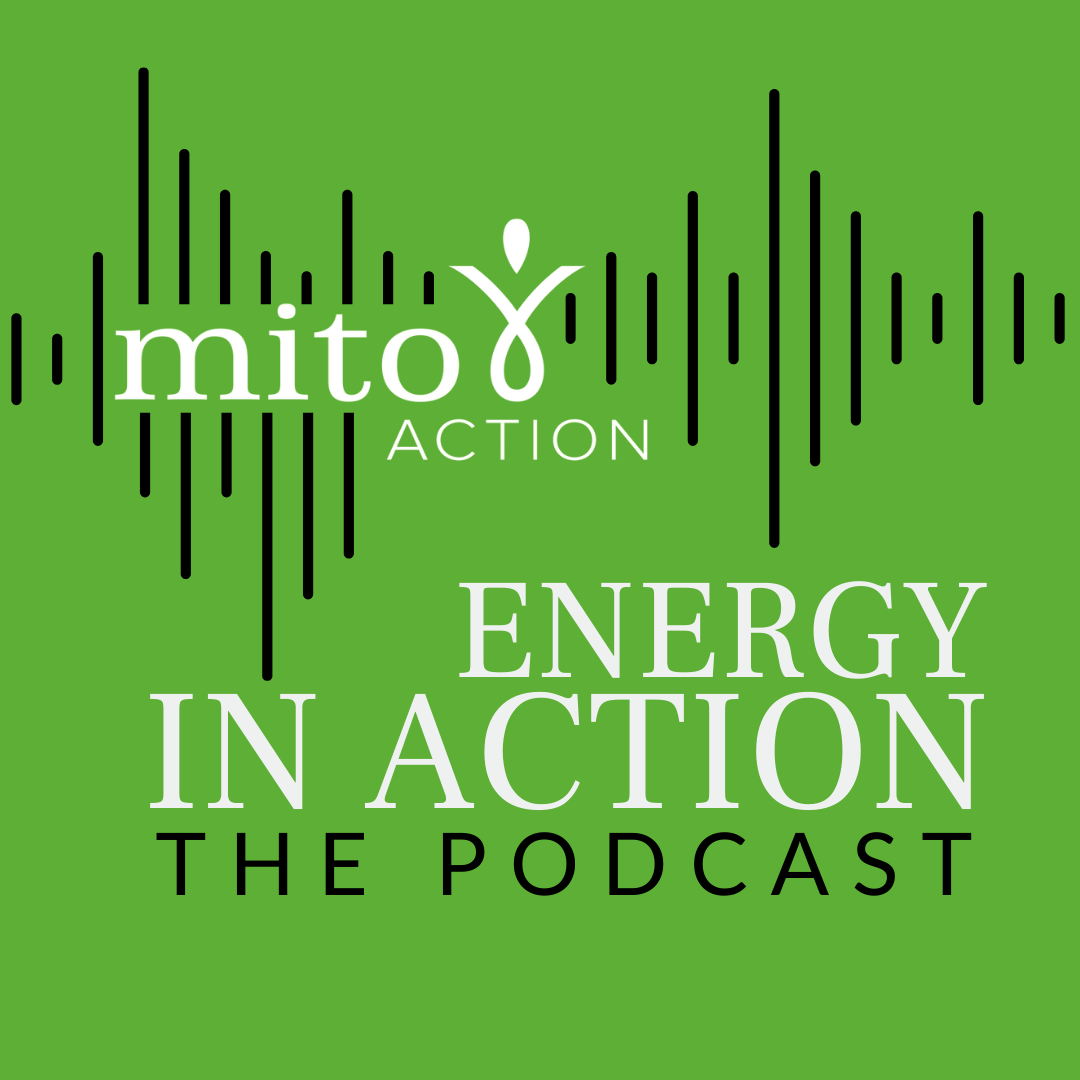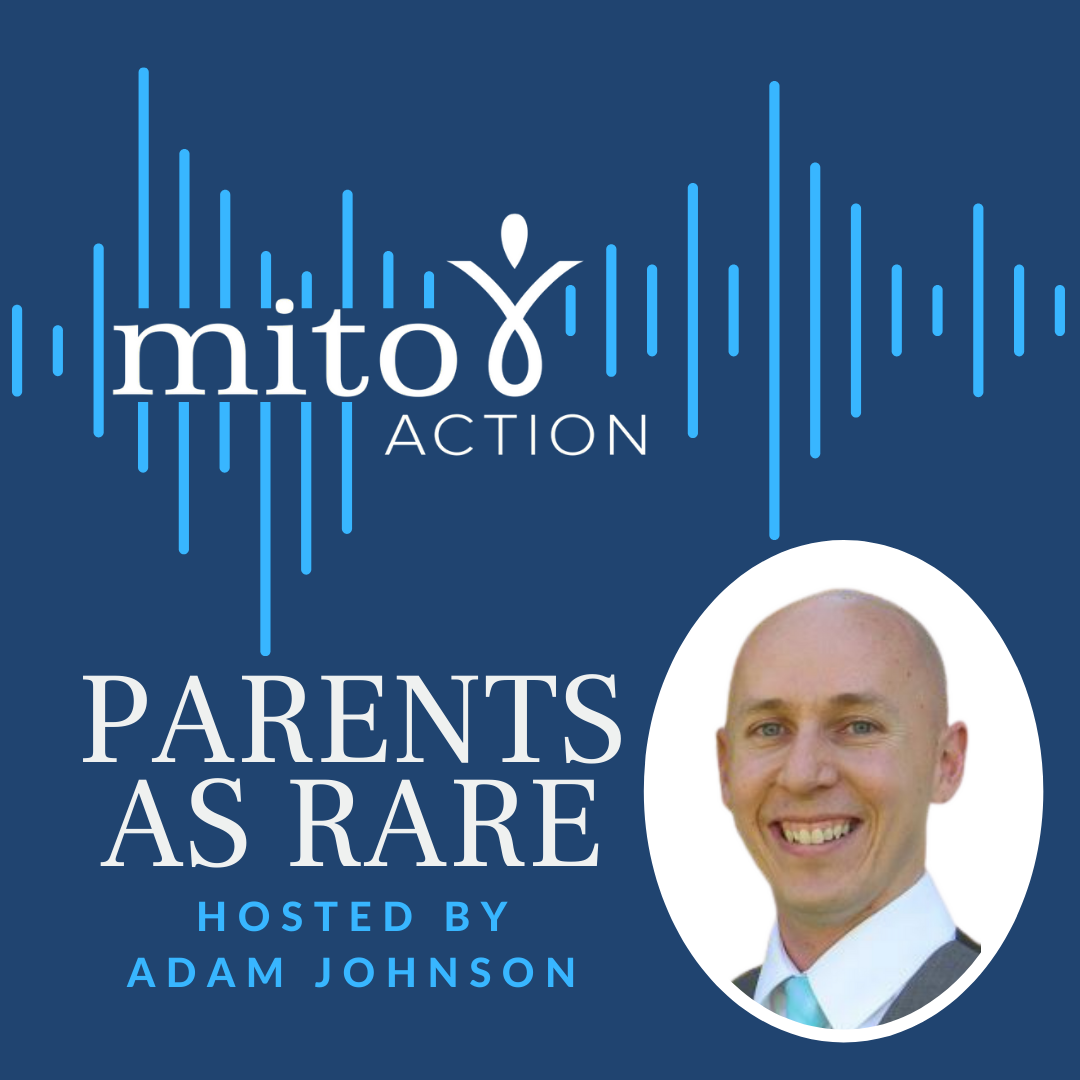PARENTS AS RARE - EPISODE 046
Family Coping, Communication, & Mental Health Resources - Dr. Jennifer Young, Postdoctoral Scholar, Biomedical Ethics - Stanford University
Dr. Jennifer Young is a trained marriage and family therapist who has focused her research on families with rare genetic conditions. Her goal is to improve family coping, communication, and access to mental health resources for the rare disease community, especially for the under-served.
EPISODE HIGHLIGHTS
Can you introduce yourself?
I'm a marriage and family therapist by training and I have a PhD in family science, the study of family relationships. Most of my work has been around families with rare genetic conditions. I've been working closely with the undiagnosed diseases network at Stanford and doing in-depth interviews with families. My goal is to build awareness about the challenges for individuals and families in their relationships and to build awareness for mental health providers so they can meet their unique needs.
How does your work impact your mental health?
One of the first lessons I learned is how to be present for clients, but to put that outcome in a box and move on. It's not always easy. Having a supervisor and solid group of colleagues to debrief and get feedback is helpful.
How does someone find resources if they need support?
A primary care provider will likely know someone they can refer. Insurance companies will also have covered providers available online or by calling. Psychology Today has has a therapist locator tool to perform a detailed search and refine results. What's most important is feeling connected to your therapist, so ask for a referral to another therapist if you need to.
For families going through genetic testing for various health conditions, how do you help people cope with a VUS outcome or lack of answers?
It's important to focus on what someone has control over, like managing symptoms and ensuring they're getting quality care for symptoms that can be managed. A lot of times, the benefit of whole genome sequencing or whole exome sequencing is more psychological or social, not clinical.
What advice do you have for parents going through diagnosis themselves?
The fear and emotion of parents often contributes to the weight of conversations with children. Kids are very resilient, but it's important to manage emotions so children don't feel the need to regulate a parent's emotions. Be in-touch with yourself and ensure you have the resources you need so you can have an open line of communication with your children.
CONNECT WITH JENNI
https://twitter.com/JenniYoungPhD
RESOURCES MENTIONED
Psychology Today Therapist Finder
https://www.psychologytoday.com/us
FOLLOW ADAM JOHNSON
https://twitter.com/rarediseasedad
https://www.instagram.com/rarediseasedad/
https://www.linkedin.com/in/adam-johnson-8a1473125
CONNECT WITH MITOACTION
https://www.facebook.com/mitoaction
https://twitter.com/mitoaction
https://www.instagram.com/mitoaction/
https://www.linkedin.com/company/mitoaction

ENERGY IN ACTION - EPISODE 099 Mito Quilts of Hope Christine Knox is a mito patient and the founder of the Mito Quilts of...

ENERGY IN ACTION - EPISODE 053 Finding Help with the Cost of Medications Carla Dellaporta is the Director of User Engagement for NeedyMeds, a...

PARENTS AS RARE - EPISODE 086 Travel Tips from the PAR Community with Lisa Weinberger Lisa Weinberger and host, Adam Johnson, share tips and...